Trade
Latest

Huawei lays off two thirds of its US research division
The rumors of Huawei laying off a large chunk of its US staff have come to pass. The company is cutting over 600 of the 850 jobs at its Futurewei Technologies research wing in the country in response to the "curtailment of business operations" by the US government's trade blacklisting. Simply put, the researchers can't do their jobs now that it's illegal for Futurewei to transfer much of its work to its parent company.

Congress tries to limit Trump's ability to ease Huawei restrictions
President Trump's desire to lift some restrictions on Huawei won't go unchallenged. A bipartisan group of senators has introduced a bill, the Defending America's 5G Future Act, that would effectively set the original blacklisting in stone. It would "codify" the executive order forbidding sales of telecom equipment to customers posing national security risks, bar the removal of Huawei from the Commerce Department Entity List without an act of Congress. It would also block waivers that any administration might offer to US companies doing business with Huawei.
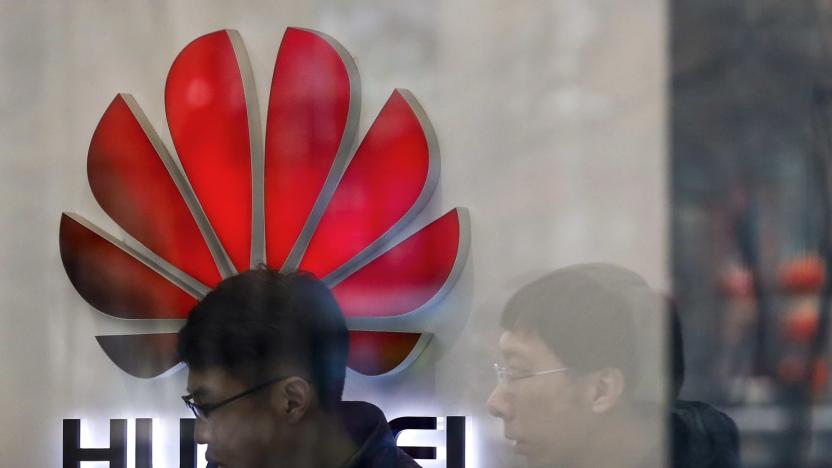
Huawei preps 'extensive' US job cuts despite partial reprieve
Huawei appears to be prepared for a long trade battle despite the US government's promises of easing some restrictions. Wall Street Journal sources claim Huawei is prepping "extensive" layoffs at its Futurewei research offices in the US, with "hundreds" of people out of 850 expected to lose their jobs. Some of its China-born staff will reportedly have the option of staying with the company if they return to their homeland.

Research group says America's favorite TV size is now 65 inches
More and more Americans are scooping up 65-inch TVs, so much so that they're now apparently the most popular screen size in the country. Market research company TrendForce reckons tumbling prices have led to a shift in the most common screen size: 65-inch screens have been getting cheaper in recent weeks, while prices on 55-inch displays have remained much the same.

AMD denies improperly sharing CPU tech with China
AMD has been accused of feeding sensitive technology to China, and the company isn't having any of it. The chip designer has rejected Wall Street Journal claims that partnerships formed in early 2016 improperly shared x86 CPU tech with Sugon Information Industry, a supercomputer maker backed by the Chinese government. Sources talking to the WSJ alleged that AMD created a "complex structure" between two joint ventures to bypass American rules, with the Commerce and Defense Departments both raising concerns that the arrangement threatened national security. AMD, however, told a different story.
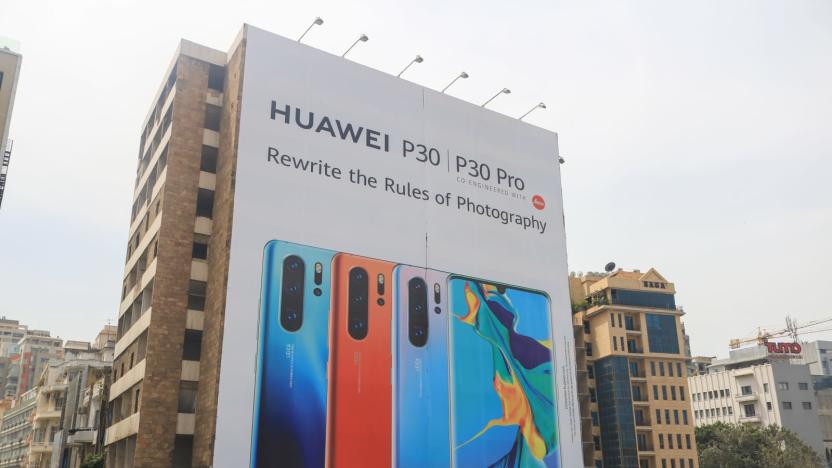
Trump to lift some restrictions on Huawei as part of China truce
Huawei is getting a partial reprieve from the US trade ban. President Trump and Chinese President Xi Jinping have reached a truce that will remove some restrictions on Huawei selling technology to the US. It's not certain exactly what will change, but Trump suggested the US would allow hardware that didn't have a "great national emergency problem." That could help Huawei restore some of its partnerships for consumer tech like smartphones and PCs, but networking hardware is likely to remain off-limits.
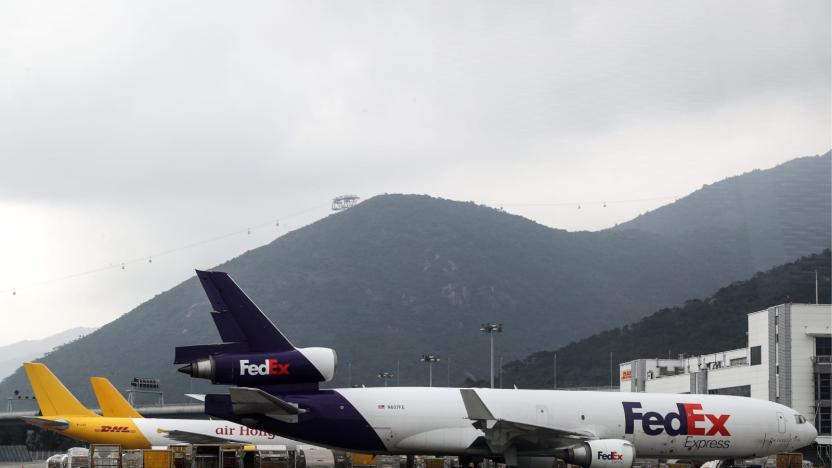
FedEx sues US over mandate to monitor Huawei shipments
FedEx has already been accused of diverting Huawei's shipments, and it's not keen on dealing with more complaints. The courier has sued the US Commerce Department (including Secretary Wilbur Ross and Assistant Secretary Nazak Nikakhtar) to absolve itself of the need to monitor packages for potential export violations by Huawei and other companies. It argued that the requirement not only violated the Constitution's protections for due process, but was technically unfeasible given the scale of FedEx's operations.
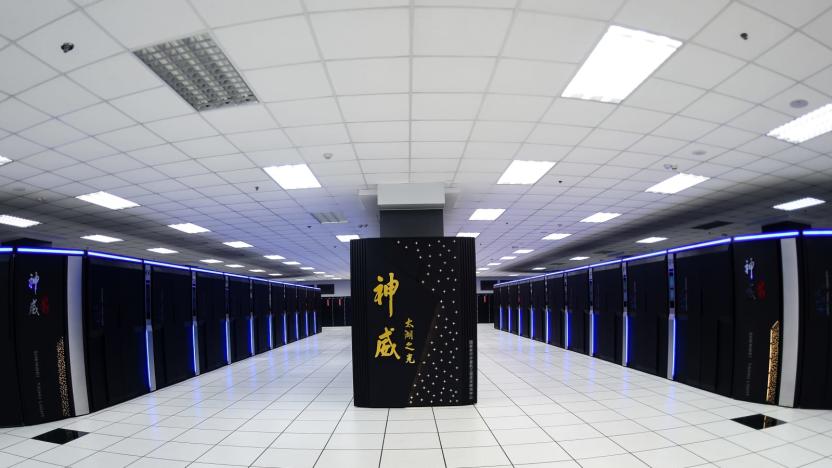
China's supercomputers are the latest target in US trade war
The US and China have been locked in a race for the world's most powerful supercomputer. China was in the lead with its Sunway TaihuLight, which has a 93 petaflop capacity. But the US surpassed that last year, when it released the Summit, which can run at 200 petaflops -- or 200 quadrillion calculations per second. Now, the US is using export restrictions in an attempt to thwart China's supercomputing efforts.

China warns tech firms against cooperating with US trade ban
China is determined to fight the US ban on Huawei through any means possible, and that might include scaring the companies required to honor that ban. New York Times sources report that Chinese officials have warned that they could face retaliation if they cooperate with Trump administration trade restrictions. They could face "permanent consequences" if they honored the policy, the NYT said, and "punishment" if they pull manufacturing beyond the usual security-related diversification. It also encouraged lobbying to convince American politicians to change their minds.
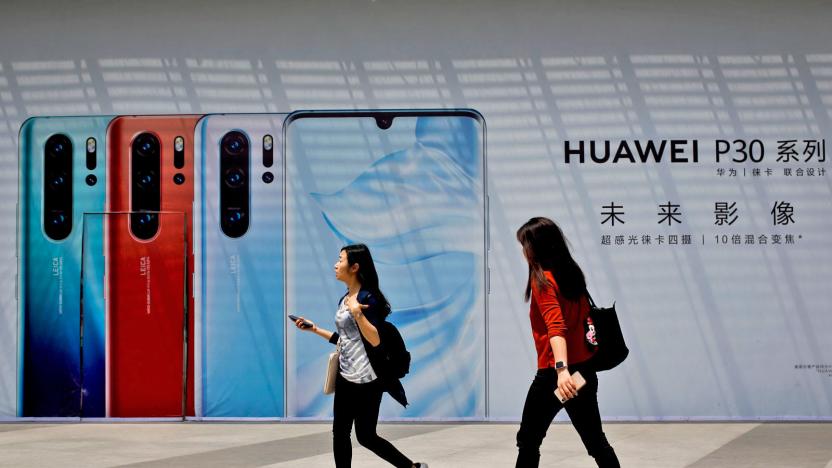
China plans list of 'unreliable entities' in retaliation for Huawei ban
China isn't taking kindly to the Trump administration's de facto Huawei ban. The country has revealed that it's creating an "unreliable entities list" of foreign companies, organizations and people that it believes interfere with Chinese businesses. This includes firms that break the "spirit" of contracts, violate "market rules," block supplies to companies for "noncommercial reasons" and otherwise harm the "legitimate rights and interests" of those outfits.
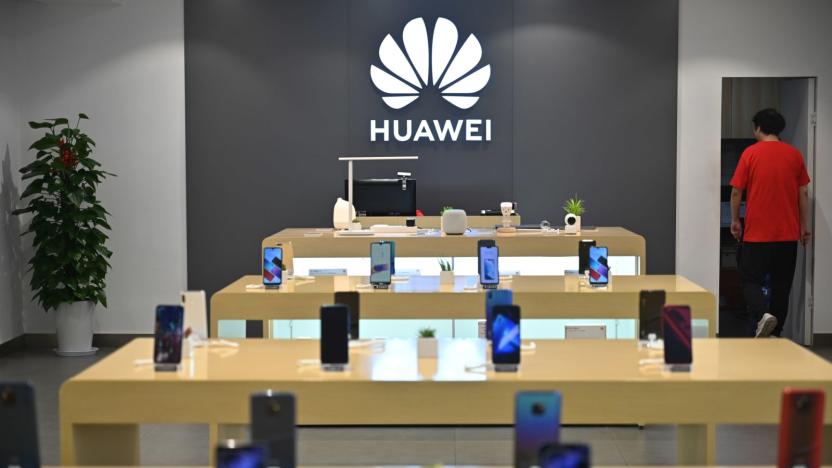
Huawei accuses FedEx of diverting documents to the US
Huawei's rapidly escalating fight with the US has taken a rather unusual direction. The company has accused FedEx of diverting two of its packages meant for China, and trying to reroute two other packages sent from Vietnam to other Asian offices. Both of the diverted packages went to the US, Huawei told Reuters, and reportedly contained "no technology" -- just commercial documents. The tech giant went so far as to provide images of tracking records, although it didn't offer a reason as to why it thought the packages went the wrong way.
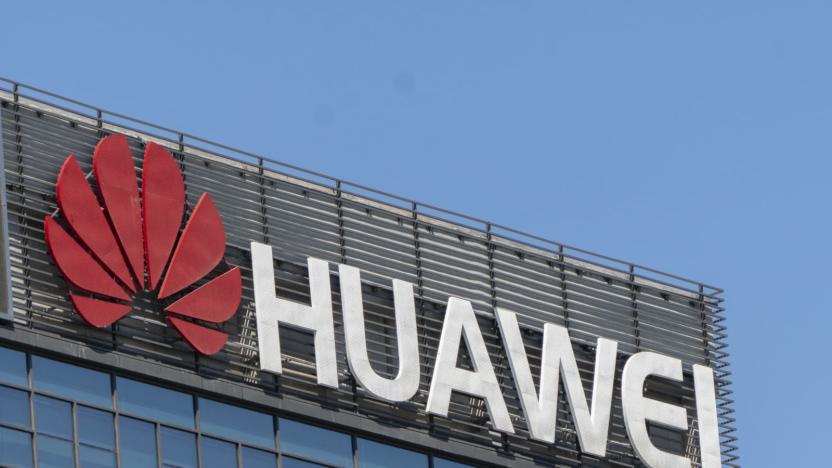
Huawei may debut its Android alternative as soon as this fall
Huawei's consumer business CEO Richard Yu reportedly said the company's own mobile OS will debut as early as this fall. Huawei hasn't confirmed plans to launch its OS, and Yu supposedly shared the information in a private WeChat group. But that timeline wouldn't be surprising given the recent US trade restrictions and Google's subsequent decision to suspend Huawei's Android support.

Huawei says it's a 'victim of bullying by the US'
To no one's surprise, Huawei isn't reacting calmly to losing key suppliers in the wake of the US' trade restrictions. Representative Abraham Liu said the company was the "victim of the bullying by the US administration," and that this was an attack on the "liberal, rules-based order." He added that the company wasn't taking the loss of Android support lying down. Huawei was "working closely" with Google to see how it could "handle the situation," Liu said, noting that Google had no motivations to block the company beyond complying with US law.

US may soften ban on Huawei to help existing users
The Trump administration might ease its Huawei trade ban... if ever so slightly. A Commerce Department spokeswoman told Reuters in a statement that it might soon grant Huawei a temporary license to "prevent the interruption" of service for existing networks and gear. Numerous internet providers and wireless carriers in rural and other low-population areas (including eastern Oregon and Wyoming) still have Huawei equipment, and the Commerce Department's trade ban would leave them hanging in the event of a system failure.
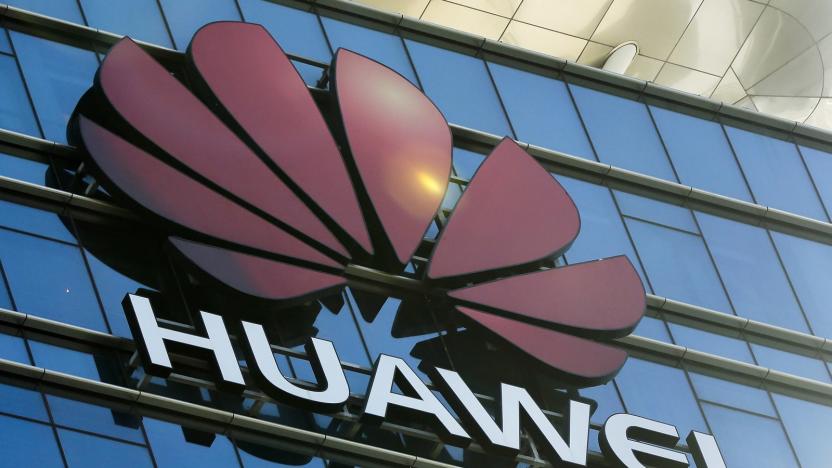
Huawei pleads not guilty to stealing US trade secrets
In a US federal court in Seattle, Chinese tech firm Huawei pleaded not guilty to several charges that allege the company engaged or attempted to engage in theft of trade secrets, the Associated Press reported. US District Judge Richardo S. Martinez, who presided over today's hearing, has set a trial date for March 2020 for the case. If Huawei is found guilty, it could face a fine of up to $5 million.

US bills would ban exports to Chinese telecoms that violate sanctions
American politicians want to crack down further on Chinese telecoms like Huawei and ZTE. Members of both the House of Representatives and the Senate have introduced bills that would order the President to impose export bans on Chinese telecoms found to violate US export and sanctions laws. Companies like Huawei and ZTE are a "growing threat to American national security," according to co-sponsor Rep. Mike Gallagher, and they should face the same punishment that ZTE faced before its reprieves.

Tech and tariffs in Sin City
Last week, tens of thousands of people flowed through a congested walkway on their way to see the latest and greatest tech at the Consumer Electronics Show. In years past, this hallway, which connects the Central Hall at the Las Vegas Convention Center to the South Hall, was generally free of any displays, with just a few couches pushed up against the wall. This year, however, a giant phone sat near the middle, off to the side of the aisle, with an approximately five-by-three sign proclaiming "Tariffs are taxes."
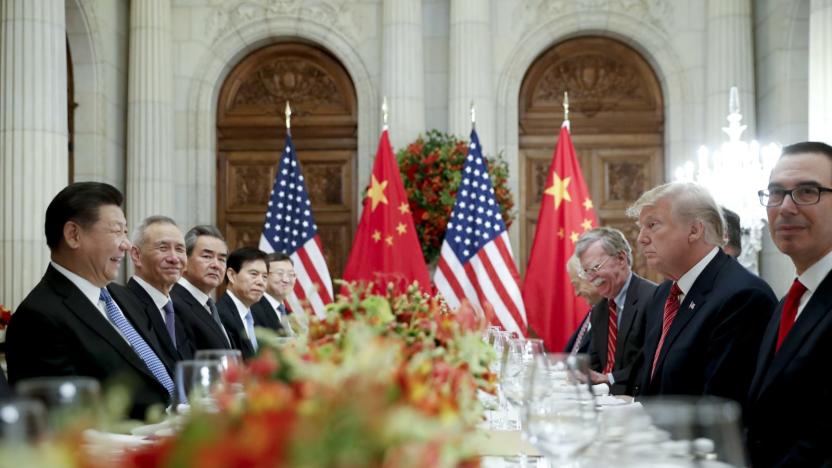
China and US agree on tariff 'truce' that could avoid tech price hikes
If you were worried that some technology prices would go up (among other things) as a result of incoming US tariffs on Chinese goods, you can breathe a little easier -- for now. The US and China have agreed to a tariff "truce" that will give the two sides time to negotiate without the US imposing further tariffs. The Americans will leave their tariffs at the 10 percent rate on January 1st, 2019, rather than raising it to 25 percent. The countries will have 90 days to hash out their differences on issues like intellectual property theft and patents -- if they can't reach a deal when those 90 days are over, the tariffs go up.
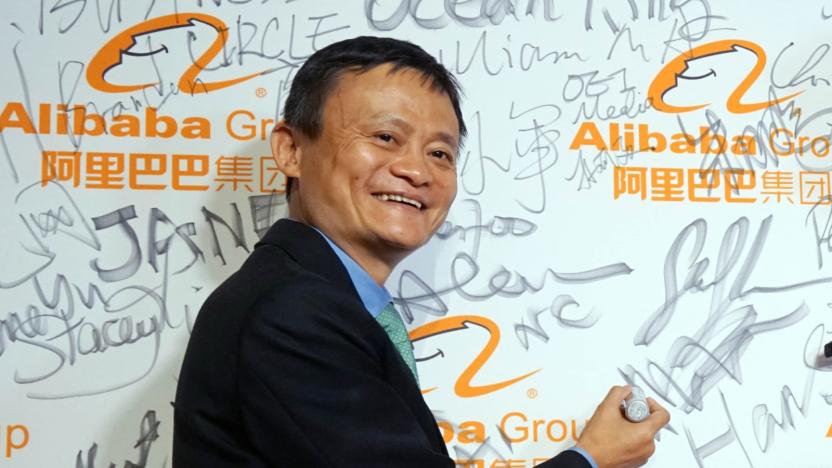
Alibaba will build its own AI chip to support self-driving cars
Chinese internet giant Alibaba is doubling down on its chip manufacturing with a dedicated subsidiary, co-founder and chairman Jack Ma said at an event in Hangzhou this week. The company wants to launch its first self-developed AI inference chip in the second half of 2019, supporting its move into self-driving vehicles and smart products. The move follows the company's announcement back in April that it had begun testing its own autonomous vehicle technology.
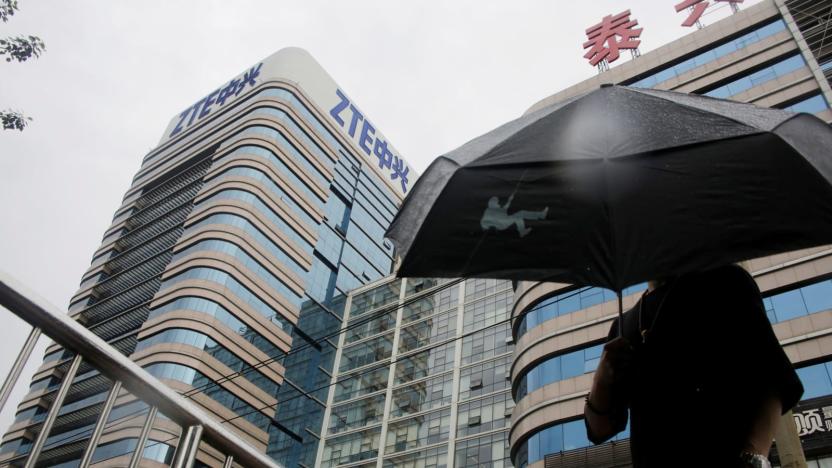
US lifts ZTE export ban
ZTE has another chance at redemption. The US Commerce Department has lifted the export ban on the Chinese mobile giant now that it has met all the terms required to get a full reprieve. Officials confirmed that ZTE had put $400 million in escrow on top of other requirements, including the payment of a $1 billion fine, replacing key leadership and accepting outside monitors that will ensure it honors US export controls.





